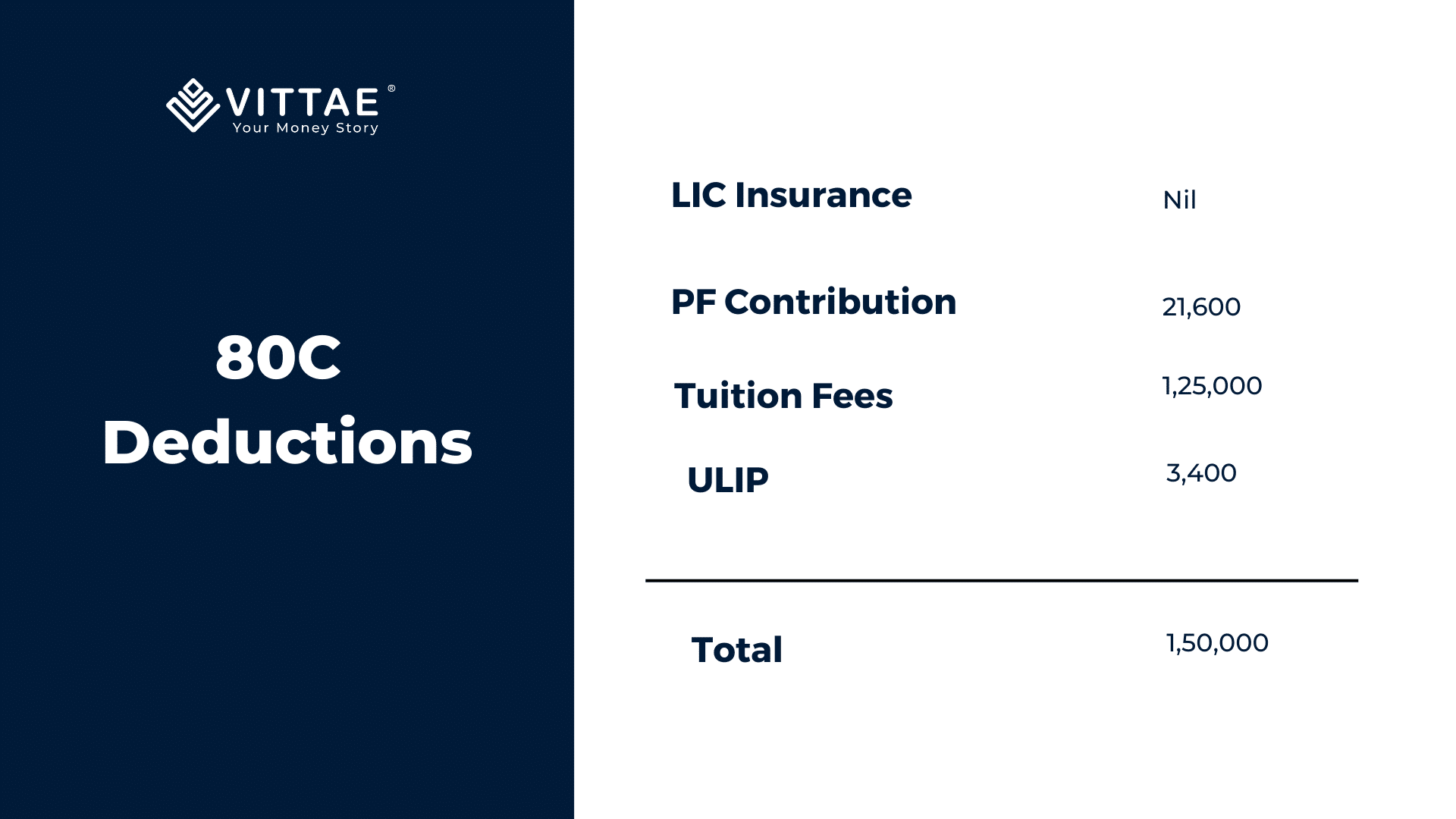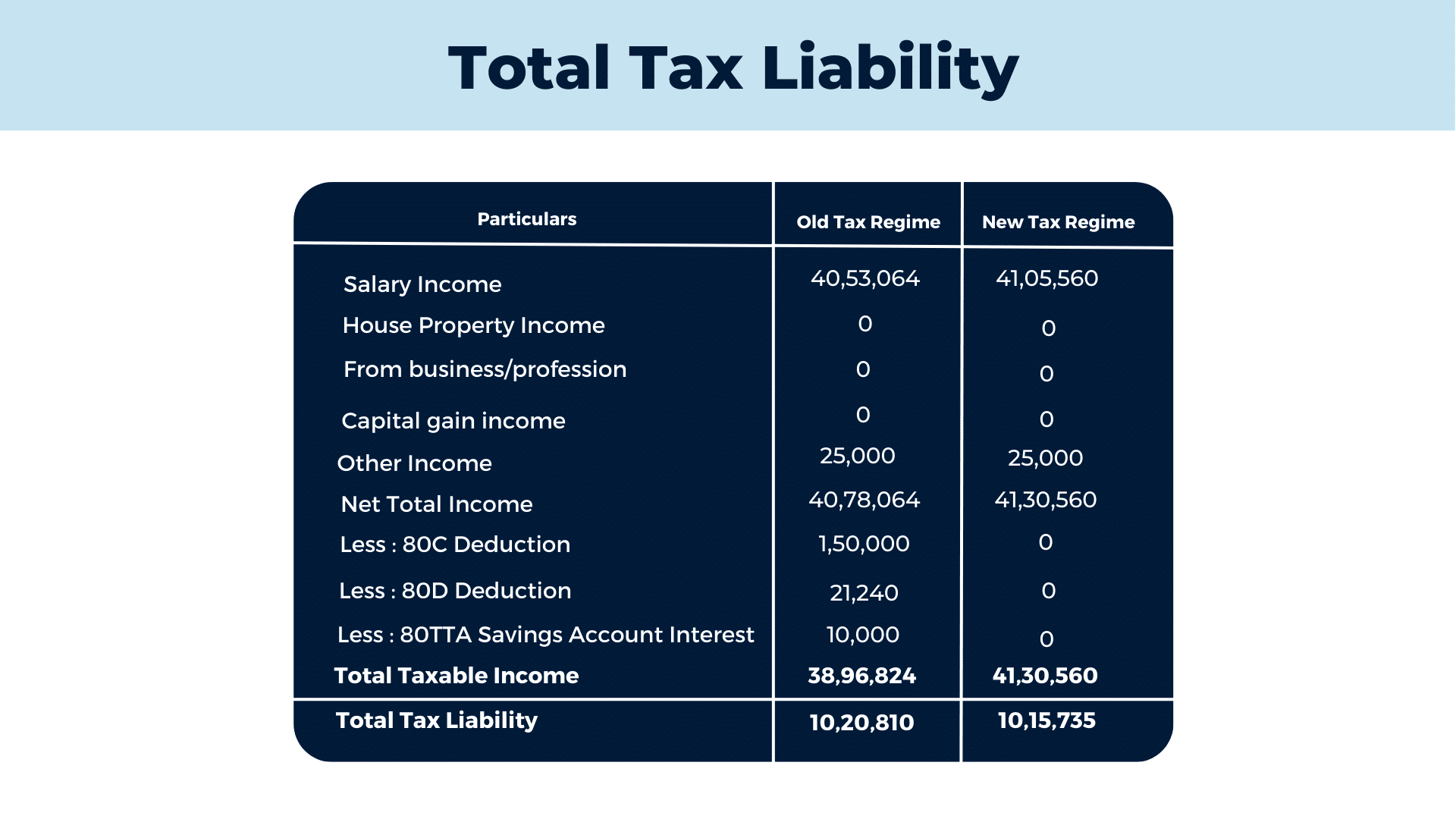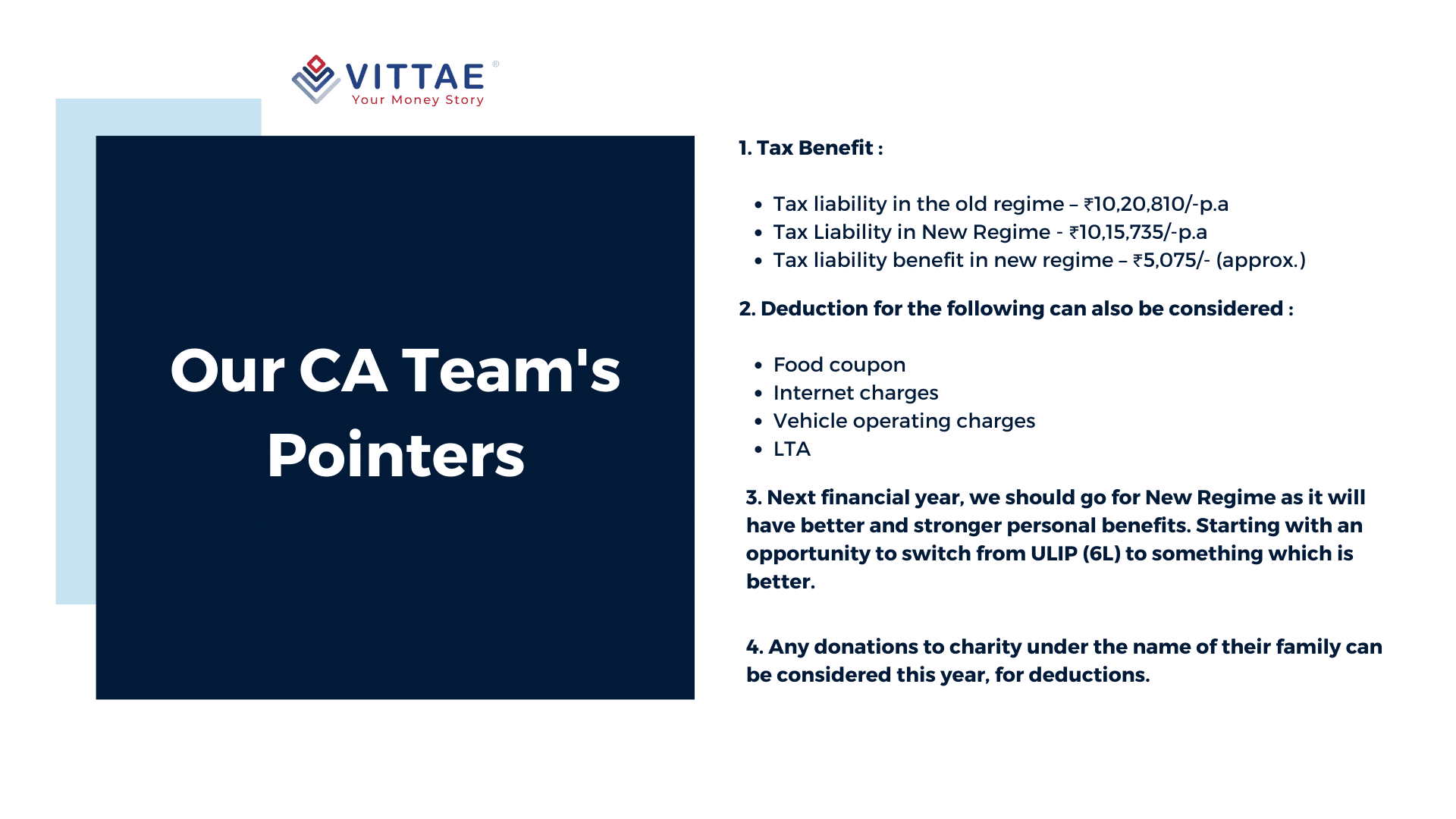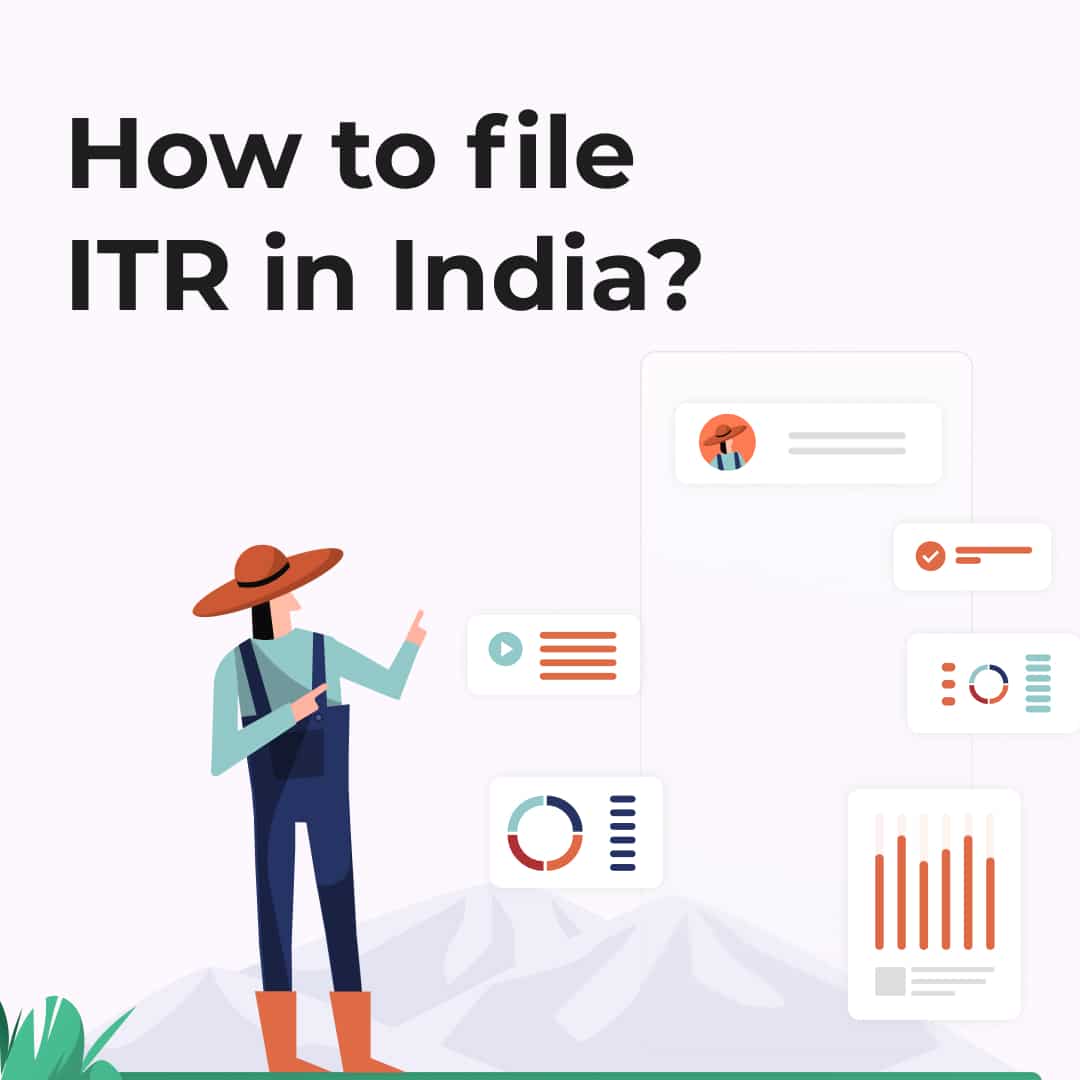As a responsible citizen, filing your Income Tax Return (ITR) is a crucial responsibility. It is not only mandatory but also necessary for availing certain benefits and avoiding penalties. However, many individuals find the process intimidating and confusing.
In this blog, we will give you an overview of tax filing, share a step-by-step guide on how to file ITR, and also tell you about the benefits of getting a Tax Report.
Let’s dive into the basics of Tax Filing
In India, taxes are filed annually, and the due date is usually July 31st of the following year. The tax filing process involves filling out a form that includes information about your income, deductions, and tax liability.
The form can be filed online or in person. It is important to make sure you have all the necessary documents and information before getting started.
The process of Tax Filing can be explained in 5 steps:
Get Your Documents in Order
Before you begin filing your taxes, you’ll need to gather all the necessary documents.
This includes your PAN card, Form 16 (provided by your employer), bank statements, investment documents, and any other relevant financial records.
Determine Your Taxable Income
Your taxable income is the total income you earned during the financial year minus any
deductions or exemptions you’re eligible for.
You might ask us how to calculate your gross income for the year 2022-23.
Your gross income for the FY 2022-23 is the total income earned from April 1st 2022 to March 31st 2023.
It is the total of income from all sources, such as salary, interest, rental income, and capital gains.
Next, let’s see how to calculate your taxable income.
Taxable Income = Gross Income – Deductions
Allowable deductions include expenses such as home loan interest, medical expenses, donations to charity, and investments.
Calculate Your Tax Liability
Once you’ve determined your taxable income, you’ll need to calculate your tax liability.
This can be done using the income tax slab rates for the current financial year, which vary depending on your income level.
Claim Deductions and Exemptions
There are several deductions and exemptions available to taxpayers in India, such as
those for investments in certain savings schemes such as ELSS (Equity Linked Saving Scheme), medical expenses, and charitable donations. Be sure to take advantage of any deductions or exemptions you’re eligible for, as they can help reduce your tax liability.
File Your Income Tax Return (ITR)
After you’ve calculated your tax liability and claimed any deductions or exemptions, you’re ready to file your tax return. You can do this online using the Income Tax Department‘s e-filing portal, or by submitting a physical copy of your return to your nearest tax office.
What is ITR?
ITR is a document that taxpayers file with the income tax department, declaring their income and tax liability for a specific financial year. This information is used to calculate the taxes payable and determine whether any refunds are due.
How to file ITR?
Filing an ITR is a straightforward process. Here’s a step-by-step guide:
Step 1:
Gather your financial documents such as salary slips, bank statements, and investment proofs.
Step 2:
Visit the income tax department’s website or a trusted tax filing website and register yourself as a taxpayer.
Step 3:
Choose the relevant ITR form, based on your income source and category.
Step 4:
Fill in the required details such as personal information, income, and tax payable. Ensure that all the information is accurate and up-to-date.
Step 5:
Verify and submit the ITR form. You can do this electronically using your Aadhaar number, net banking, or a physical verification code.
To e-file ITR on the Income Tax Department Website, you can follow these steps:
- Visit the Income Tax Department website and register if you are a new user. Directly log in if you already have an account.
- In the ‘e-File’ drop-down menu, select the ‘Income Tax Return’ option.
- Select the applicable assessment year and submission mode.
- To file a fresh ITR, click on ‘Start New Filing’.
- Select your applicable status, i.e., whether you are an individual/HUF/Others, and click on ‘Continue’.
- Choose an appropriate ITR Form to proceed.
- Select the reason for which you are filing the ITR.
- You will get your pre-filled return based on the information available from the Income Tax Department.
- Confirm/Validate the details in each section, including your personal information, gross total income, total deductions, taxes paid, and total tax liability to proceed further.
- Fill in details that were not entered previously.
- Confirm your return summary details.
- Preview and finally, submit your ITR.
Don’t want to do ITR? We’ll do it for you
If you still find filing an ITR overwhelming or time-consuming, you can always seek professional help. Our team of experts can help you file your ITR quickly and accurately. All you need to do is provide us with the necessary information and leave the rest to us.
We don’t stop there, we’ll also help you with a Tax Report that includes Tax Planning. Tax Planning helps you save your hard-earned money. Our certified experts can guide you in picking tax-saving investments that align with your financial goals.
Tax Report
Apart from filing your ITR, it is essential to keep track of your tax profile. This is where a Tax Report comes in handy. A Tax Report is a comprehensive document that provides a detailed overview of your tax status, including your tax liability, exemptions, and deductions. It can also help you identify areas where you can save taxes and optimize your finances.
(INSERT TAX REPORT IMAGES)
Benefits of Tax Report
A Tax Report can provide many benefits, such as:
• Identifying potential tax-saving opportunities
• Ensuring compliance with tax laws and regulations
• Avoiding penalties and interest charges
• Providing a clear picture of your financial position
• Streamlining your tax-related paperwork
Many of our clients have found our services helpful in easing their tax-related burden.
One of them benefited from our financial expert’s advice on tax planning and saved a significant amount of money this tax filing season.
Below is the data on how we helped the client:



Here’s what the client shared:
“The tax planning exercise and the discussion I had with the Vittae Team were great as they were able to clearly explain the options that I have for reducing tax.”
In Conclusion
Filing your taxes in India may seem complicated, but by following these basic steps, you can make the process a lot easier. Remember to keep your documents organized, calculate your taxable income and tax liability accurately, and claim any deductions or exemptions you’re eligible for.
ITR filing and maintaining a Tax Report are essential aspects of financial planning. It is always better to seek professional help if you are unsure about the process or want to optimize your finances.
Tax filing may seem like a huge task to tackle, but with the right preparation, it is a piece of cake. We suggest you start early and seek out help if you need it.
A pro-tip is to stay organized throughout the year. Keep all your tax documents and receipts in one place so that you can easily access them. When it’s time to file, this will save you time and stress in the long run.
Take the first step towards financial wellness today, and plan to file your ITR before July 31st.
